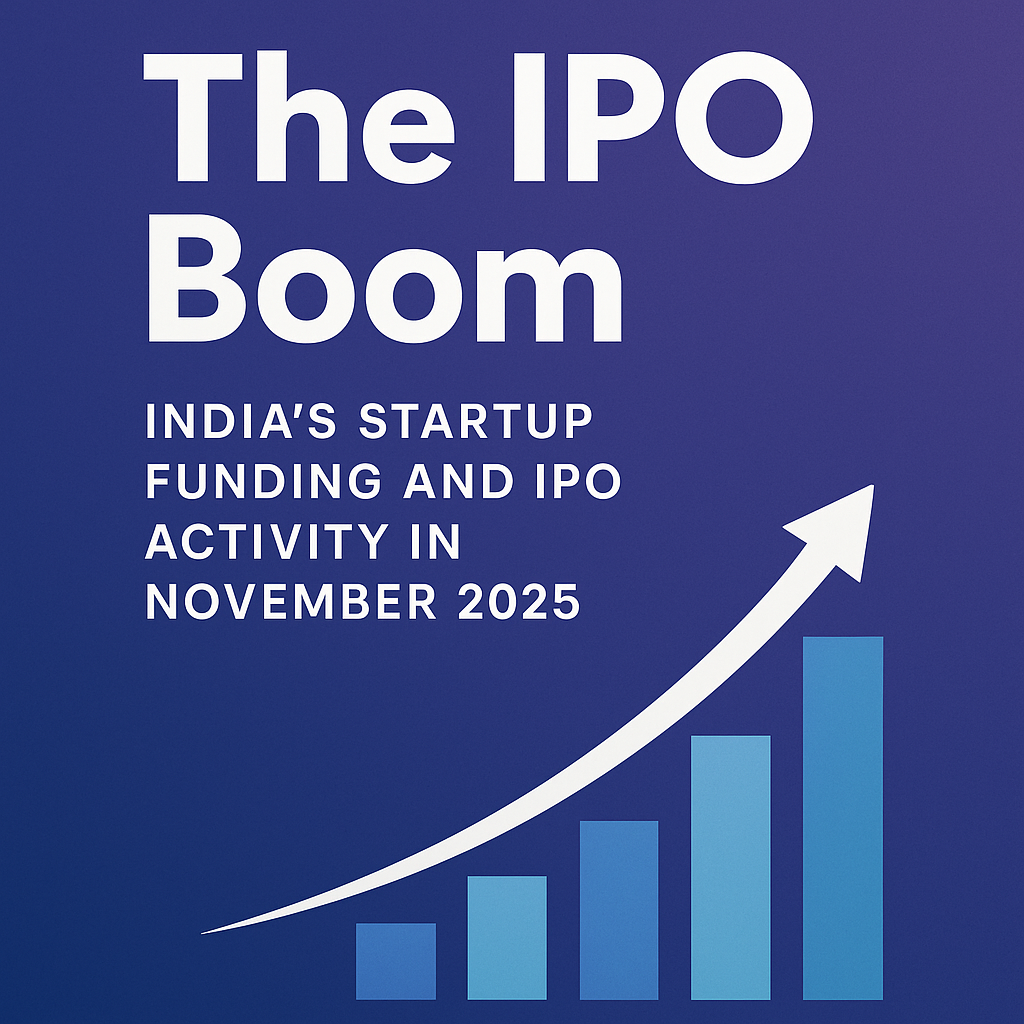The early stage of any startup journey is a defining period, filled with excitement and uncertainty. This phase lays the groundwork for your startup’s future, making it crucial for founders to navigate it strategically. Understanding how to bootstrap effectively, raise funds at the right stages, attract venture capital interest, and implement growth strategies can significantly increase your chances of success. This article delves into these key areas, offering actionable insights to help early-stage startups thrive in a competitive landscape.
Understanding Early Stage Startups
Early-stage startups typically range from idea validation to gaining initial market traction and revenue. During this time, founders face a unique set of challenges including resource constraints, identifying product-market fit, and assembling a capable team. Successfully managing these challenges is vital as it determines the scalability and funding potential of the business. Grasping the nuances of this stage enables founders to set realistic expectations and prioritize decisions that foster sustainable growth.
Bootstrapping Your Startup
Bootstrapping refers to building a startup using personal savings and operating revenues instead of external funding. This approach offers control and discipline, but requires careful management. Key bootstrapping strategies include maintaining strict budgets, focusing on core activities, and leveraging free or low-cost technologies for operations and marketing. Innovating within financial limits often sparks creativity, leading to efficient, customer-centric product development. Case studies of startups that grew without external capital illustrate the benefits of this approach, from stronger business fundamentals to better negotiation positions with future investors.
Fundraising for Early-Stage Startups
Funding journey begins typically with stages like pre-seed, seed, and Series A rounds. Each stage serves different purposes and requires varying preparedness. Pre-seed funds often come from founders’ savings or close contacts to validate ideas. Seed rounds focus on product development and market entry, while Series A targets scaling the business model. Recognizing when the startup is ready to raise capital is essential—premature fundraising can dilute control and derail progress. Crafting a compelling pitch with a clear problem statement, market opportunity, traction data, and a strong team narrative significantly improves investor interest. Moreover, understanding different investor types—angel investors, venture capitalists, and accelerators—helps in targeting funders that align with your startup’s vision.
Venture Capital Insights
Venture capitalists seek startups with high growth potential, scalable models, and robust leadership. For early-stage startups, demonstrating product-market fit and clear unit economics is critical to attracting VC funding. Preparation involves rigorous due diligence, gathering relevant metrics, and articulating a credible growth strategy. Understanding term sheet components and negotiation can protect founders’ interests. While VC is a popular route, exploring alternative funding sources like crowdfunding, grants, or revenue-based financing can provide more flexible capital without immediate equity dilution.
Strategies for Early Growth
Achieving product-market fit is central to early growth and involves continuous customer feedback and product refinement. Building scalable and repeatable business models enables startups to increase output without proportional cost rises. Early customer acquisition strategies should blend inbound marketing, referrals, and targeted paid campaigns to build credibility and momentum. Effective cash flow management is fundamental to extend runway and avoid premature failure. Besides internal strategies, forming partnerships and nurturing networks can open doors to critical resources, mentorship, and market opportunities.
Building the Right Team and Culture
The early team sets the tone for startup culture and performance. Hiring decisions should balance skills, adaptability, and cultural fit to foster collaboration and innovation. Cultivating an environment that values resilience, accountability, and learning encourages team members to thrive despite early-stage uncertainties. Founders must also adopt a leadership mindset focused on vision communication, empathy, and flexibility to steer the startup through challenges successfully.
Navigating the early stage of a startup demands a blend of strategic bootstrapping, timely fundraising, understanding investor expectations, and focused growth efforts. By building a capable team and nurturing a supportive culture, founders can create a strong foundation for long-term success. Early-stage startups face many hurdles, but with perseverance, adaptability, and informed decision-making, they can transform ideas into impactful businesses. Embark on this journey with a clear roadmap and an unwavering commitment to learning and improvement.





